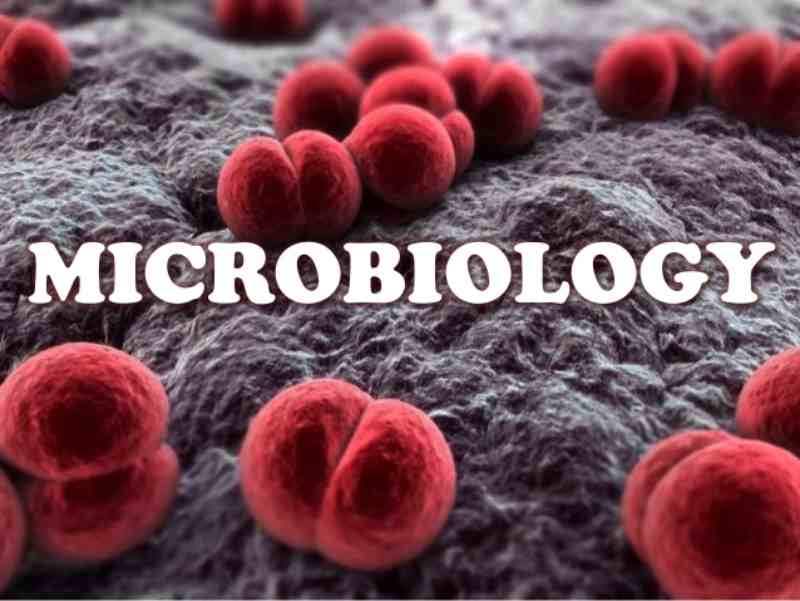What kind of jobs can you get after earning a degree in M.Sc. Microbiology?

Microbiology
Microbiology has indeed generated a buzz, leading to an increase in students aspiring to make a mark in this field, especially in the past few years.
In a nutshell, microbiology is an umbrella discipline of biology that deals with the structure, use, function, and impact of microscopic organisms on our day-to-day life.
In this article, we make sure to include the top job profiles that you can start working on right after graduating with an M.Sc. Microbiology degree.
Table of Contents
Research Assistant
Contribute to the delivery and development of laboratory-based research activities related to the projects assigned. You are expert to be an expert at preparing the highest possible standard of microbiological cultures, as well as keep a check on laboratory records and books.
Industrial, Food or Environmental Microbiologists
No matter the industry you are engaged in, a microbiologist is always accountable for investigating microscopic organisms’ growth and structure development.
Furthermore, you may also be part of developing new pharmaceutical products, vaccines, and medicines.
Quality Assurance Technologists
Your primary goal is to ensure production standards and regulations are met at all stages of a culture process.
A specialization in quality assurance calls for several other duties, such as reducing mishaps due to technician error.
Sales or Technical Representative
As a microbiology candidate, one can also represent all aspects of a microbiology laboratory to clients.
Laboratory representatives advertise diverse samples of performed microbiology testing at a hospital research center.
Clinical and Veterinary Microbiologists
You will spend time analyzing microbial cultures and new drugs by employing various identification methods and clinical trials.
As a veterinarian, you will specialize in studying microorganisms that cause infectious diseases in animal species.
Medical Technologists
Moreover, they oversee determining the normal and abnormal components of body fluids.
Such specialists analyze blood cells by identifying and counting cells using microscopic techniques.
Pharmacologist
These professionals undergo training in medicine, pharmacy, molecular biology, or biochemistry to understand how medicines work.
Moreover, they invest quality time studying the effects of drugs and other chemical substances on humans and the environment.
Food Technologist
However, your job is to maintain the food quality by checking its processing and manufacturing.
As a food technologist, you will also take care of ongoing research related to food items or dishes.
Scientific Laboratory Technician
The tasks of this position revolve around receiving, labeling, and analyzing sampling blood, toxic or tissue.
Conducting experiments and executing laboratory testing are some of the other essential roles.
Experience, like in every other scientific sector, matters a lot in this field!
Moreover, your salary is likely to depend on your work experience.
We are here to provide you with the opportunity to find a suitable job that includes a higher salary package.
But first, you must enroll yourself in our master’s program in Microbiology.
Send in your application today!
Also Read: Can You Really Trust VPN Bitcoin Payments?







